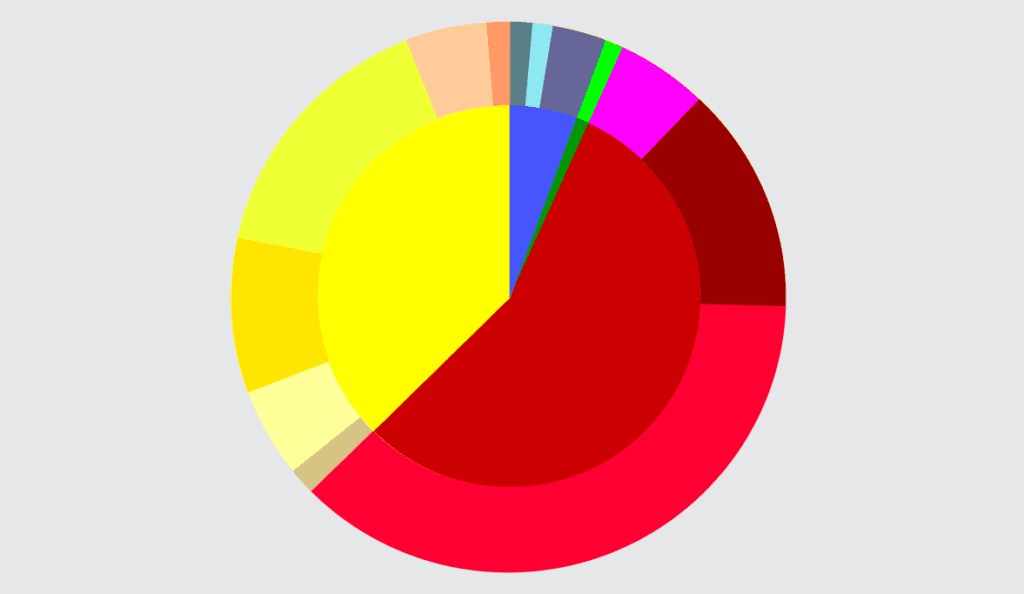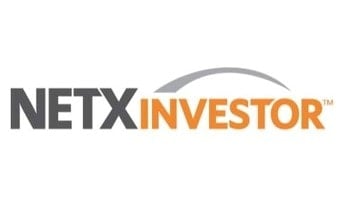We’ve all heard the adage: “Don’t put all your eggs in one basket.” In fact, this concept is the cornerstone of one of the most important concepts for successful long-term investing: diversification. By building well diversified portfolios with assets suited to the client’s risk tolerance and stage in life, we reduce overall volatility, position the portfolio to capture gains in more categories, and soften the impact of market downturns in any one sector.
But for a few years now, many investors have taken a different approach: “Put all your eggs in one basket, and watch that basket very carefully.” This is especially true of the FAANG stocks—the “Big Five” tech companies comprising Facebook (now Meta), Apple, Amazon, Netflix, and Google (Alphabet, Inc.). From 2012 to 2021, the tech giants generated average annual returns of just over 28%, towering over the performance of broad indexes like the Russell 3,000, which managed a “mere” 16% average during the same period. No wonder, then, that many investors found the FAANG basket a very attractive place to stash quite a few eggs.
However, in the current environment of high inflation and a hawkish Fed, some of the luster may be dimming. And for those with positions highly concentrated in a few darling stocks, the benefits of maintaining good diversification may be coming into sharper focus. In fact, all five FAANG stocks lagged the broad markets by about 11% through the first five months of 2022, and with a recession perhaps just over the horizon, that condition may be more well established than investors would prefer. Ironically, in its most recent reclassification, index provider Russell moved Meta (Facebook) and Netflix—the “F” and “N” in FAANG, respectively—from the “growth” category to the “value” category. In other words, these two former growth stars now share lodgings with the more mundane likes of Proctor & Gamble or Target Stores.
One lesson in all of this is that, while capturing dramatic growth by concentrating assets in a particular sector may be thrilling, a day of reckoning is almost certainly coming. For many investors, this points to the advisability of unwinding concentrated positions that may still be highly appreciated. There are a number of tax-efficient methods for doing this, and those who dislike the thought of capital gains taxes (or sacrificing more hard-won gains to a persistent market downturn) should sit down with their financial advisors and form a plan.
Ultimately, the wisest course for those who seek to grow their wealth for the long term is to diversify appropriately, rebalance regularly, and remain disciplined during the inevitable rough patches—such as the one evidenced by the sharp descent of September 13, when a higher-than-expected reading on inflation sparked a selloff that sent the Dow down by 4% and the S&P 500 down by 4.5%. Such volatility is to be expected, and the best “lifeboat” for riding out choppy market waters is a broadly diversified portfolio that is matched to the strategic needs of the investor.
At Griffin Black, our sole aim is to provide informed, dependable counsel to those seeking long-term financial security. If you have questions about your holdings, the markets, the economy, or any other important financial matter, we are here for you.



